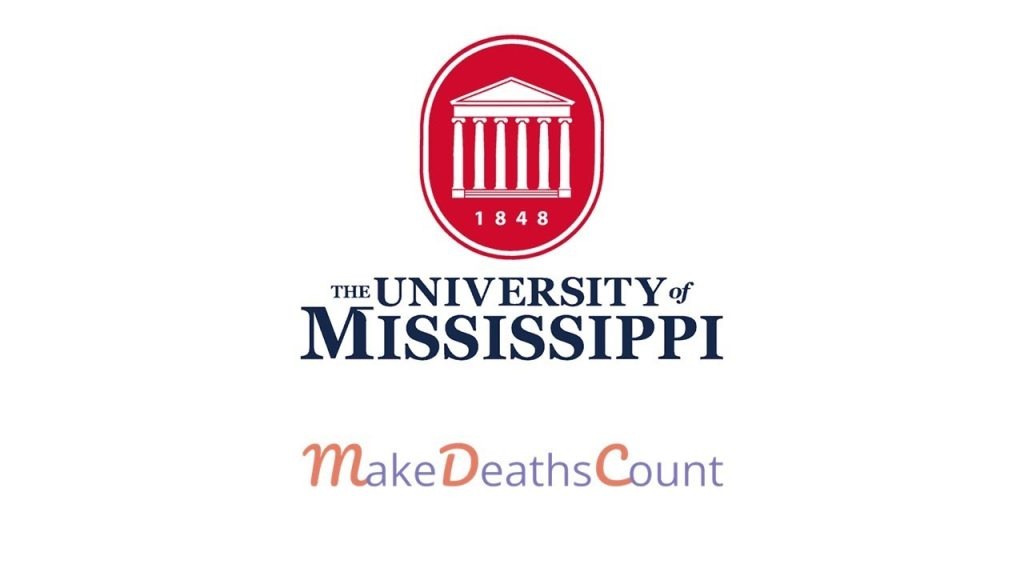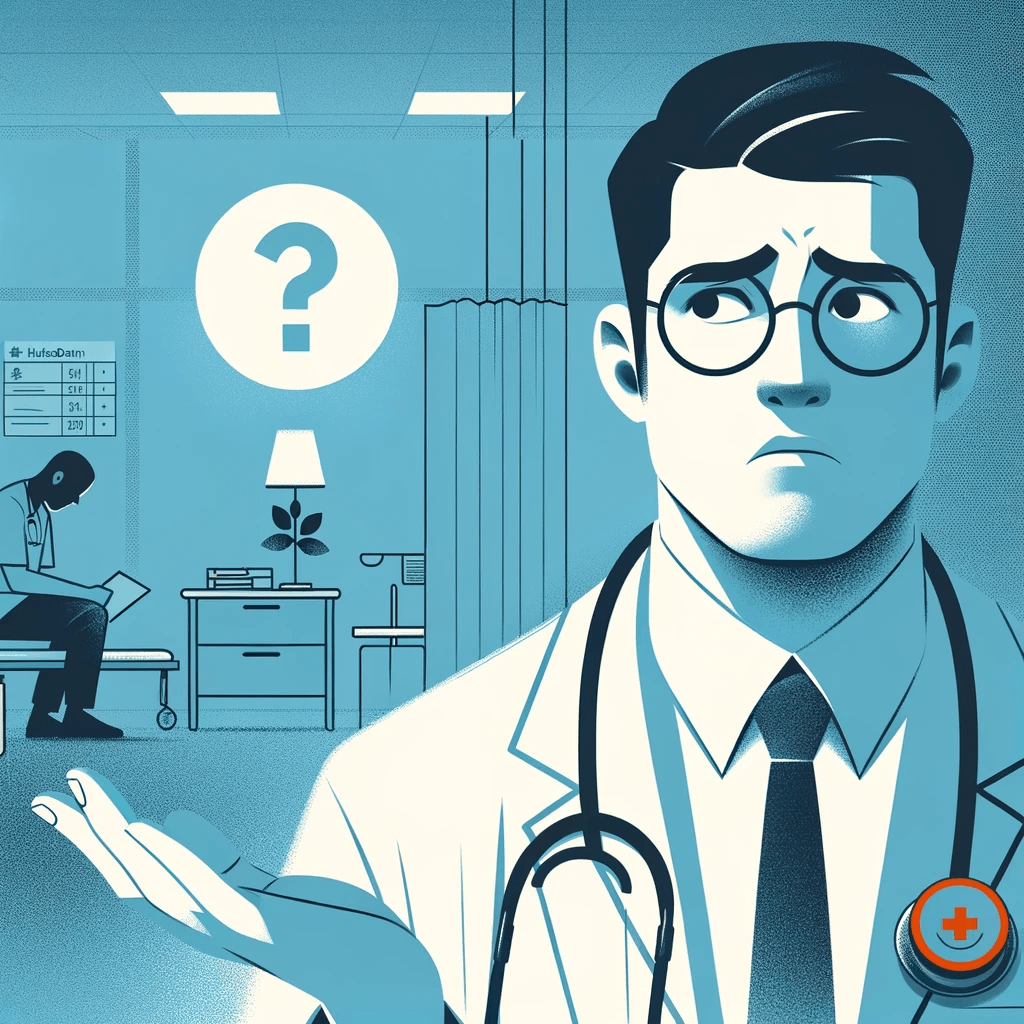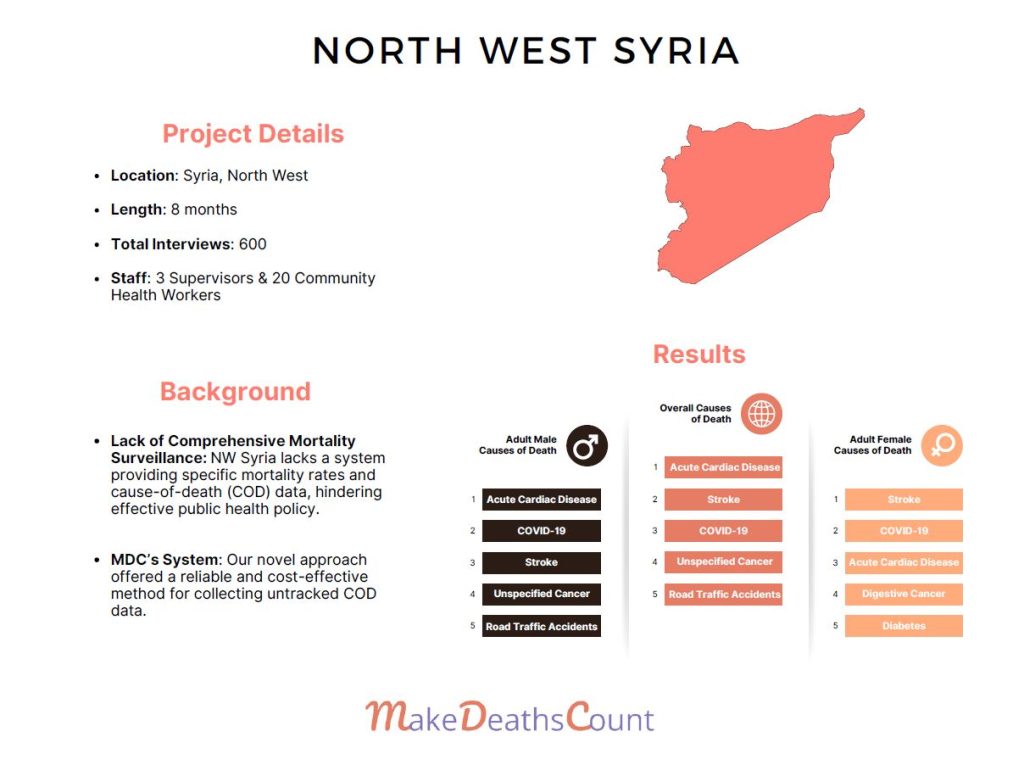As founders of MakeDeathsCount (MDC), we were honored to share our experiences and insights at our alma mater, Yale University, on improving mortality surveillance in low and middle-income countries, particularly in Northwest Syria. Our journey began as MPH students at Yale where we delved deep into the world of Civil Registration and Vital Statistics (CRVS) systems. We realized the critical role these systems play in recording vital events like births and deaths, and how they grant individuals legal status, crucial for accessing essential services.
In many low and middle-income countries, we observed that CRVS systems are often incomplete or entirely absent. This gap is significantly felt in places like Northwest Syria, where lack of governmental control and healthcare facilities results in many deaths going unregistered. At MDC, we strive to fill this void by partnering with NGOs and Ministries of Health to implement mortality surveillance programs, primarily through the tool of verbal autopsy.
Verbal autopsy has been a cornerstone of our approach. It’s a method that determines individual causes of death and cause-specific mortality percentages in populations lacking comprehensive CRVS. This process involves conducting interviews with families of the deceased, which are then meticulously analyzed to gather data. Implementing this in Northwest Syria posed unique challenges, including cultural sensitivities and the need to translate surveys into Arabic. We adapted our methods to respect local customs and ensure confidentiality, all while collecting vital data.
Our work goes beyond data collection; it’s about providing actionable, accurate information that can guide public health policies and the allocation of resources. With the data from our verbal autopsy projects, decision-makers can develop health initiatives and infrastructure that directly address the most pressing health needs of their population. The impact of our project in Syria has been profound, inspiring us to extend our efforts to other regions facing similar challenges.
At MDC, we believe in the power of accurate mortality data to transform global health. Our presentation aimed to not only showcase our innovative approach but also to emphasize the urgent need for improved mortality surveillance worldwide. As we continue our journey, we are committed to partnering with communities and governments to make every death count, ensuring that health policies and resources are directed where they are most needed.




